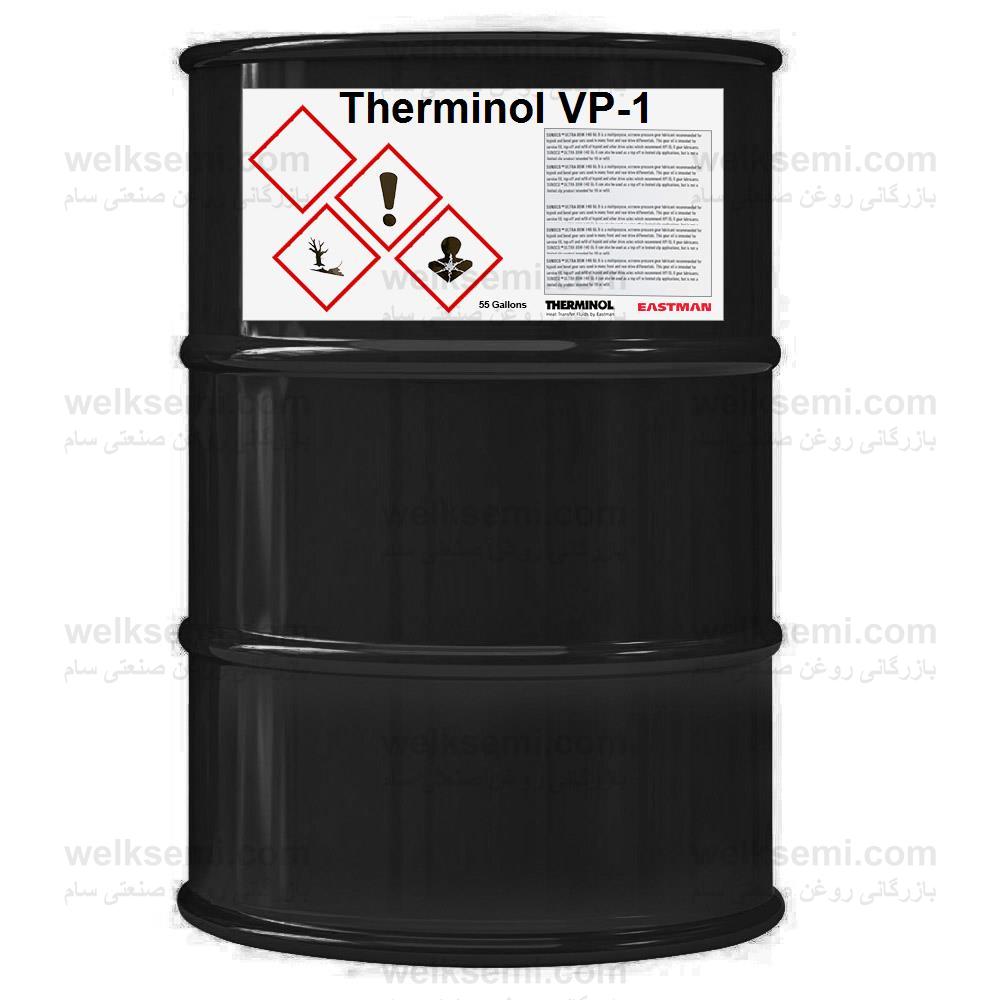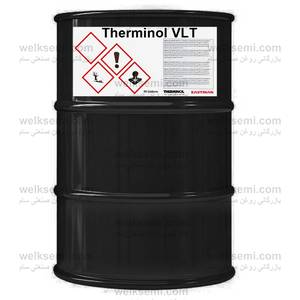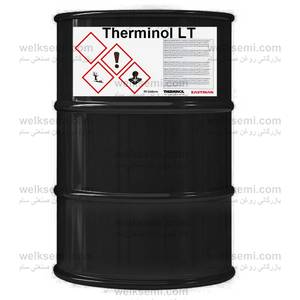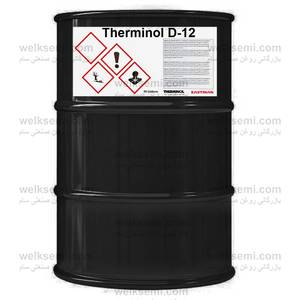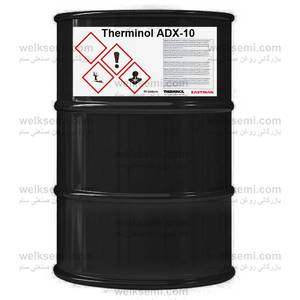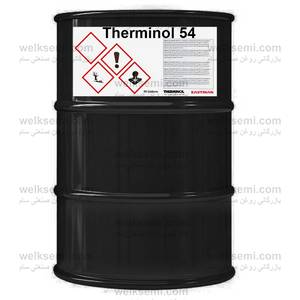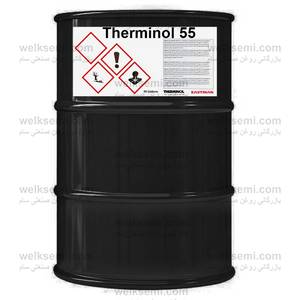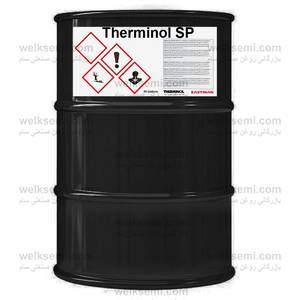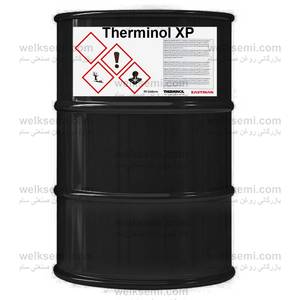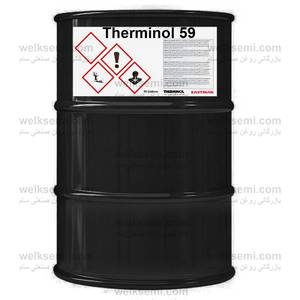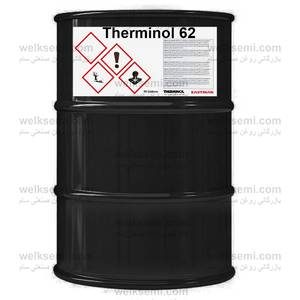Introduction to Therminol VP-1
Therminol VP-1 is a heat transfer fluid designed for a wide range of industrial applications. It plays a critical role in achieving efficient thermal management in processes that require stable, high-temperature operations. The fluid is composed of synthetic organic compounds, which give it superior thermal properties compared to traditional heat transfer fluids. This section will delve into the various characteristics that define Therminol VP-1, including its thermal stability, viscosity properties, and operational efficiency.
One of the vital aspects of Therminol VP-1 is its ability to maintain stable performance over an extended range of temperatures. With a bulk boiling point well above 350 °C (662 °F), the fluid can be used in applications with operating temperatures up to 400 °C (752 °F). This high-temperature compatibility allows for enhanced process efficiency, enabling users to optimize their systems without the risk of fluid degradation. Overall, Therminol VP-1 is an excellent choice for any application requiring effective thermal management.
Applications of Therminol VP-1
Therminol VP-1 is widely utilized in various industries, such as chemical processing, food production, and renewable energy. Its versatility stems from its unique properties, making it suitable for applications that demand consistent performance at elevated temperatures. For instance, in the chemical industry, Therminol VP-1 is used in reactors, distillation columns, and other equipment that requires precise temperature control. The fluid's thermal stability minimizes the risk of thermal degradation, ensuring operational reliability and safety.
In the food production sector, Therminol VP-1 is employed in cooking and pasteurization processes where maintaining specific temperature profiles is critical. This ensures food safety and quality while also providing energy efficiency. Additionally, in the realm of renewable energy, Therminol VP-1 plays a crucial role in solar thermal energy systems, helping to improve energy conversion and storage capabilities. The extensive application range of Therminol VP-1 highlights its role as a key enabler in various industrial processes, solidifying its position as a go-to heat transfer fluid.
Benefits of Using Therminol VP-1
The adoption of Therminol VP-1 brings numerous benefits to operation and system design. Firstly, its excellent thermal stability means that it can withstand high temperatures without breaking down, minimizing potential maintenance issues and downtime. This resilience translates into lower operational costs, as users spend less time and resources addressing equipment failures.
Moreover, Therminol VP-1 is designed to offer low viscosity at high temperatures, aiding in its ability to flow easily through complex piping systems. This fluidity enhances heat transfer efficiency, as the fluid can quickly absorb and transfer heat where needed. Additionally, the fluid's chemical composition is designed to resist oxidation, which further extends its lifespan and reduces the risk of harmful byproducts formation.
Overall, utilizing Therminol VP-1 can lead to greater process efficiency, reduced maintenance needs, and improved operational safety. As industries strive to meet performance demands while also enhancing environmental accountability, Therminol VP-1 is an ideal solution.
Comparing Therminol VP-1 with Other Heat Transfer Fluids
When selecting a heat transfer fluid, it's essential to compare available options to identify the best fit for specific applications. Therminol VP-1 offers distinct advantages over conventional fluids such as water, glycol, and mineral oils. For example, while water is commonly used, it has limitations when it comes to operating at elevated temperatures. Water can only be used at a maximum temperature of approximately 100 °C (212 °F) before it turns to steam, potentially causing damage to equipment and processes.
Glycol-based fluids, on the other hand, also suffer from thermal degradation issues at elevated temperatures, limiting their applicability. In contrast, Therminol VP-1 can operate effectively at temperatures exceeding 400 °C (752 °F) without losing performance, giving it a significant edge in high-temperature applications.
When compared to mineral oils, Therminol VP-1 boasts enhanced thermal stability, lower volatility, and improved heat transfer characteristics. This means that users can expect reliable performance over prolonged periods, reducing the likelihood of maintenance and downtime associated with other fluids.
Technical Information of Therminol VP-1
The technical specifications of Therminol VP-1 present a clear understanding of its capabilities and limitations. It features a high flash point, around 180 °C (356 °F), ensuring safety during operation. This high flash point contributes to lower evaporation rates and enhanced system longevity.
The fluid's density and viscosity are parameters that play a critical role in its functionality. Therminol VP-1 exhibits relatively low viscosity at both room and operating temperatures, which enhances its ability to circulate within a system efficiently. With a specific heat capacity that allows it to absorb and transfer substantial amounts of heat, Therminol VP-1 is engineered for optimal thermal performance.
Understanding the technical characteristics of Therminol VP-1 can guide users in selecting the proper fluid tailored for their applications, ensuring peak operational efficiency and safety.
Product Specifications of Therminol VP-1
The product specifications of Therminol VP-1 define its suitability for various applications. The primary specifications include:
- Appearance: Clear, colorless liquid
- Density: Approximately 0.92 g/cm3 at 20 °C (68 °F)
- Viscosity: 6.2 cP at 25 °C (77 °F)
- Flash Point: 180 °C (356 °F)
- Boiling Point: Greater than 350 °C (662 °F)
- Thermal Stability: Stable up to 400 °C (752 °F)
These specifications highlight the compatibility of Therminol VP-1 with various heating and cooling systems. Its properties are designed for versatility and reliability, allowing it to excel in different environments, from food processing to chemical applications. Ensuring these specifications are met is essential for customers when integrating Therminol VP-1 into their operations.
Safety and Handling of Therminol VP-1
When working with Therminol VP-1, it is essential to follow proper safety guidelines and handling procedures to ensure worker safety and system integrity. Being a chemical product, it is crucial to handle Therminol VP-1 with care, using appropriate personal protective equipment (PPE) such as gloves, goggles, and protective clothing to minimize exposure.
In addition, proper ventilation is necessary when transferring or mixing the fluid in confined spaces. Users should be aware of fire safety measures given the fluid's flash point, ensuring no ignition sources are present nearby during transfer or use.
In case of spills, users should promptly follow spill response procedures to mitigate environmental impact. It is advisable to have suitable absorbent materials on hand to contain any leaks. Understanding the safety protocols for Therminol VP-1 helps ensure a safe working environment while maximizing efficiency within the operational framework.
Where to Buy Therminol VP-1
Interested customers can purchase Therminol VP-1 from various suppliers and distributors specializing in heat transfer fluids and industrial chemicals. It is essential to buy from reputable suppliers to ensure product authenticity and quality. Online platforms provide convenient access to product specifications, safety data sheets, and technical support from manufacturers.
Local distributors may also stock Therminol VP-1, offering the added benefit of personalized service and immediate availability. When considering a purchase, customers should evaluate factors such as price, delivery timelines, and customer support to make an informed decision.
In summary, the availability of Therminol VP-1 through diverse channels enables ease of access, ensuring users can maintain continuity in their operations without interruption.
Conclusion on Therminol VP-1
Therminol VP-1 stands out as a premier choice for heat transfer fluid across various industrial applications. With its high thermal stability, low viscosity, and extensive operational range, it offers significant advantages over traditional fluids. Users benefit from enhanced efficiency, reduced maintenance, and increased safety when incorporating Therminol VP-1 into their systems.
As industries continue to evolve and emphasize efficiency and sustainability, Therminol VP-1 presents an attractive solution that meets diverse operational needs. Its accessibility through various purchasing channels further solidifies its reputation as a reliable fluid for critical processes.
In conclusion, investing in Therminol VP-1 represents a strategic approach to optimizing thermal management, ultimately resulting in improved performance across numerous applications.
